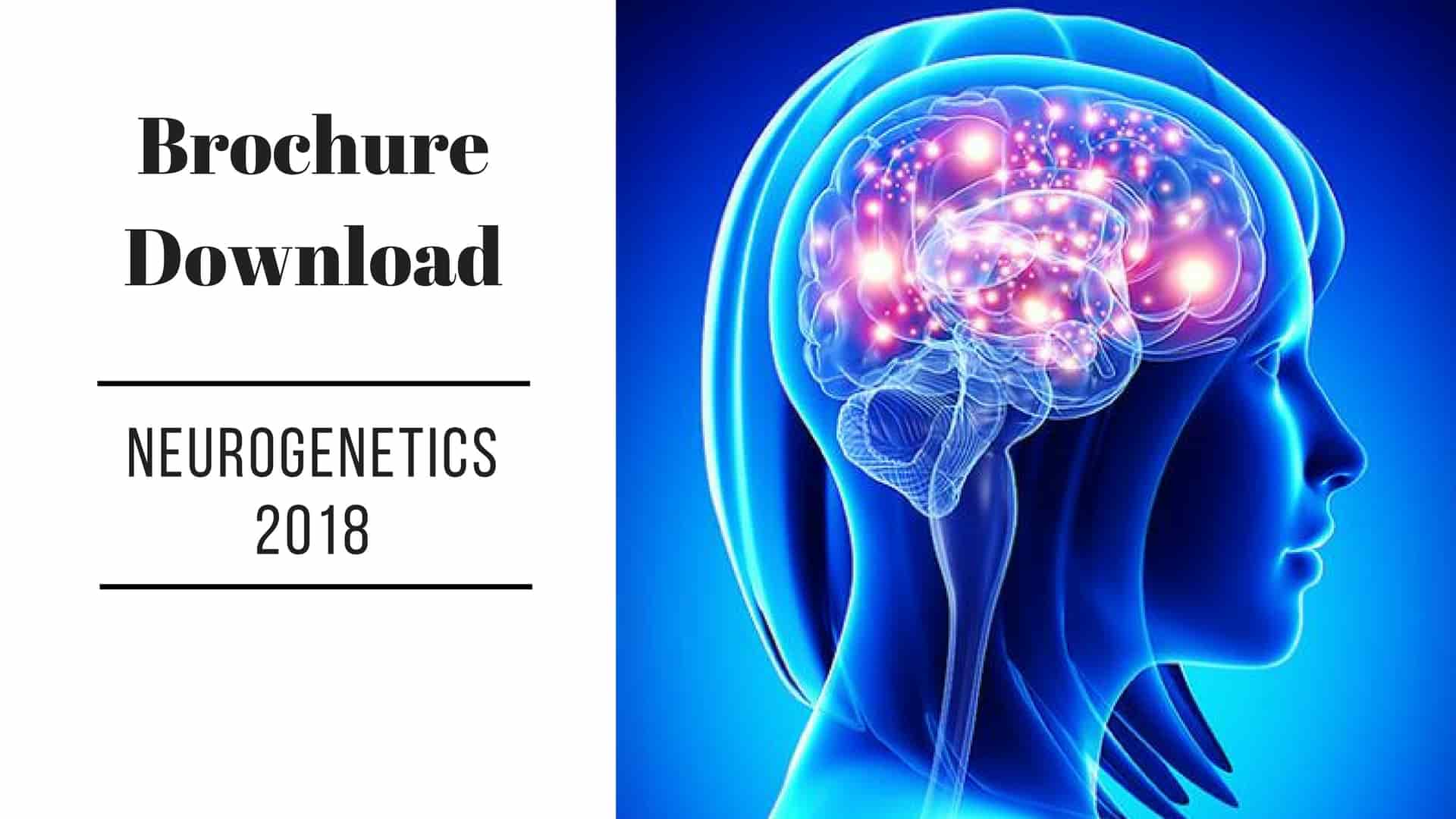
Shaheda Tabasum
Institute of Behavioral and Management Sciences, UAE
Title: Behavioral disorders in children
Biography
Biography: Shaheda Tabasum
Abstract
All kids tend to misbehave at times but if over a period of six months there is a noticeable patterns of misbehavior involved hostile, aggressive or disruptive or even behaviors which is not age appropriate. Then it is time to step in and guide them towards more positive direction/behavior. The most common disruptive behavior disorders are Oppositional Defiant Disorder (ODD), Conduct Disorder (CD), Attention Deficit Hyperactivity Disorder (ADHD) and a child or adolescent may have two disorders at the same time. Other exacerbating factors can include emotional problems, mood disorders, family difficulties and substance abuse. 8% of children under the age of 12 years around the world exhibit oppositional defiant disorder with boys outnumbering girls by two to one. Some of the typical behaviors’ of a child with ODD include aggressive, irritating and disturbing attitude. Around 5% of 10 year olds are thought to have CD with boys outnumbering girls by four to one. Around one-third of children with CD also have attention deficit hyperactivity disorder. Severe symptoms of the typical behavior of a child with ODD include physical fights, use of drugs and suicidal attempts. Around two to five percent of children are thought to have attention deficit hyperactivity disorder with boys outnumbering girls by three to one. The characteristics of ADHD can include: Inattention, Impulsivity and over activity. All children with symptoms of ADHD and ODD/CD need to be assessed so that both types of problem behaviors can be treated. These children are difficult to live with and parents need to understand that they do not need to deal with their ADHD and ODD/CD child alone. Interventions such as parent training at home and behavioral support in the school can make a difference and parents should not hesitate to ask for assistance. Providing appropriate instructional supports in the classroom can also lessen disruptive behavior which include, creating an accepting and supportive classroom climate, promoting social and emotional skills, establishing clear rules and procedures, monitoring child behavior, utilizing rewards effectively, responding to mild problem behaviors consistently and effectively managing anger or aggressive behavior. Risk factors in children’s behavioral disorders related with education field are learning difficulties; problems with reading and writing are often associated with behavior problems. Common problems noticeable with students in education are Auditory processing disorder, dyscalculia, dysgraphia, dyslexia and language processing disorder. Children with intellectual disabilities are twice as likely to have behavioral disorders, non-verbal learning disorder, visual perceptual disorder, dyspraxia, insufficient intellectual functioning and impaired memory.

